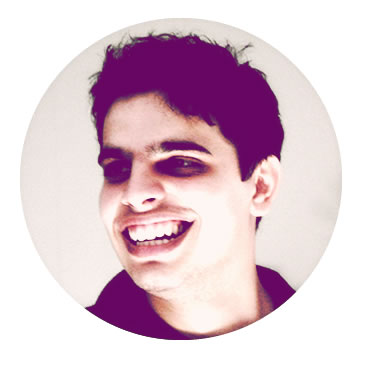If you are a SF fan than you probably heard of the “3 Body” books series. Liu Cixin’s books have brought Chinese SF into the limelight winning numerous awards and critical acclaim (the former US president being amongst the fans). I enjoyed these books tremendously and this review serves as a way for me to bring fwd some of the items that sticked with me.
The story oppening is unusual for a space opera: We meet Ye Wenjie, the young daughter of a prominent professor of physics, witnessing her father beaten to death by Red Guard fanatics during the 1960 Cultural Revolution. Years later she finds herself conscripted into working at Red Coast, a secret government radio telecommunications facility involved in intercepting satellites transmissions from the enemy capitalist nations. But things are not what they used to be and the author keeps on building on the premise until it reaches monumental proportions by the end of the series. If Interstellar blew your mind this will take it to the next level.
The books are so crammed with fantastic ideas that the author could have filled a library. As with some of my favourite SF books this series is using science as a the background for exploring some of the deepest philosophical questions:
- What defines ethics? Are ethics absolute or are they shaped by our biological necessities?
- How is language constrained or enhanced by human nature?
- Can we make moral choices in an immoral universe?
- What is the value of love in a cold but aggressive cosmos?
- How should think of existence in a multi-dimensional space?
- What’s the meaning of life? Why there is something rather than nothing?
All of these difficult questions are explored through politics, systems of ethics and religions with majestic virtuosity. One of my favourite elements of the series was the importance he gives to ideologies. Galaxy shuttering wars are being fought in the world because of competing dogmas, and the characters are all driven by complicated beliefs. The books paint a political climate that could only come from a Chinese author.
Not everything is rosy. Some characters are rather dull and while grandiose, the ending, reminded me of Space Odyssey, a poetic technobabble that takes the saga to an end, without offering any intellectual fulfilment. But these shortcomings don’t matter that much and the books are still a blast.
I would give A+ to the trilogy. Please drop me a comment if you have book suggestions in the same vein as these ones.

